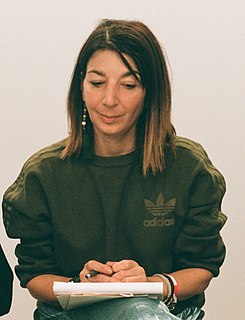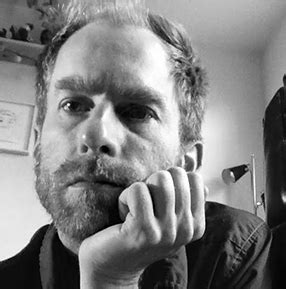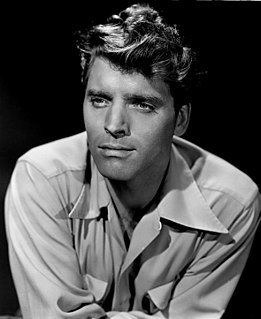A Quote by Esther Hicks
That's how the scientists discover new science. They start out with a hypothesis--an idea--and then others believe enough in the idea that they make it true. You see?
Related Quotes
You discover your true faith when you start flowing with your conscience. After lessons, visions, and theories validate themselves to you, you build faith in that hypothesis/ feeling/ idea that originated from your own heart and mind - not that of others. Before you submit to any one religion, create your own and find which one out there resonates closest with the one already in your heart. This is the way to choose your faith.
People often think of artists and scientists as being diametrically opposed, but we both believe something is possible. We have a hypothesis and then we do everything to make it possible, but we don't know if it's possible! All the scientists I've worked with have a natural, easy fit with me. The solutions they find are truly creative. All scientists, in some way, are artists.
When I start writing a new imaginary future, I have no idea what it is. The characters arrive first. They help me figure out where they are living and I get to fill in the gaps with that and where we are. So when I get to the end of the process of composition, if I feel that I have really done my job, I have no idea what I've got - and I then spend essentially the rest of my life figuring out what it might mean.
Science is the key to our future, and if you don’t believe in science, then you’re holding everybody back. And it’s fine if you as an adult want to run around pretending or claiming that you don’t believe in evolution, but if we educate a generation of people who don’t believe in science, that’s a recipe for disaster. We talk about the Internet. That comes from science. Weather forecasting. That comes from science. The main idea in all of biology is evolution. To not teach it to our young people is wrong.
I don't think any administration, when they come in, thinks that their job is to tell the scientists what the science looks like or to be quiet about the science. Scientists need to remain true and not allow science to be politicized. Scientists are not politicians, and no politician should consider themselves to be a scientist.
I can start with the idea of taking until you can take off, through the idea that all of my writing foregrounds the idea of how I'm taking from my own life. I'm stealing from my own life in a way, and from the people around me, but in service of getting somewhere else. I'm starting with an autobiographical impulse, to get a better vantage on the circumstances of the life that I happen to be in at the moment and how that life connects to others.
When you think of everything in terms of just money, then almost nothing is enough. I mean, how much money is enough? Because it's hard to translate money into goods. And I think people, once, I think there's a lot things can believe, and once they start thinking about wealth in terms of money, they lose the idea of enough-ness.
It is not easy to convey, unless one has experienced it, the dramatic feeling of sudden enlightenment that floods the mind when the right idea finally clicks into place. One immediately sees how many previously puzzling facts are neatly explained by the new hypothesis. One could kick oneself for not having the idea earlier, it now seems so obvious. Yet before, everything was in a fog.

































